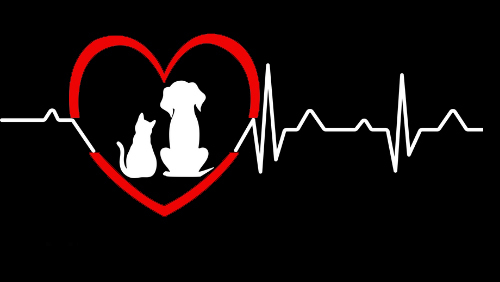Like their human companions, pets sometimes require surgery to enhance their lifestyle or to rid themselves of pain and severe diseases.

In most instances, your vet will determine whether your pet needs surgery by conducting physical exams, collecting data from x-rays, and looking at your pet’s health history and risk factors based on his age, breed, and general animal history. On other occasions, surgeries may occur on an emergency basis.
There are a myriad of surgeries available to your pet based on their individual needs.
The most common specializations include:
Each of these target a different localized area or need of your pet.
Popular Questions to Consider Prior to Surgery
Pet surgery can be confusing and unfamiliar for most pet owners.
We want you to feel included and be as much a part of the process as your beloved pets. Before surgery, asking the following questions can help to relieve your concerns, accurately manage your expectations and provide insight into what your pet is going through:
What is my pet diagnosed with?
Many diseases that pets have are similar to their human counterparts, while others are less familiar. Regardless, having a direct understanding of your pet’s condition can assist in how you interact with your pet and how you cope during the surgical process. The more informed you are about the disease and condition, the less worried you will feel.
Are there any complications and risks?
Pet owners are typically fearful to ask about risk and complications because the possibility of losing a pet is hard to accept. Although losing a pet is a possibility in certain isolated instances, your vet has an obligation to provide full disclosure so you can decide whether you wish to move forward with the surgery or whether there are any other options to consider.
What are treatment options?
Sometimes surgery is the only way to relieve your pet of his pain and discomfort. Other times, your vet may suggest alternative, non-surgical treatment options. During emergencies, surgery may likely be the only option. Your vet will keep you abreast during each stage of your pet’s health assessment and give you an opportunity to decide the best way to move forward in your pet and your family’s interest.
Surgery does not have to be a bad experience. Our vets will work diligently and with accuracy and care to ensure your pet’s safety, thereby restoring your furry companion’s health.

Follow Us!